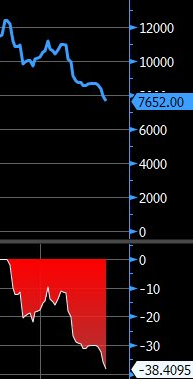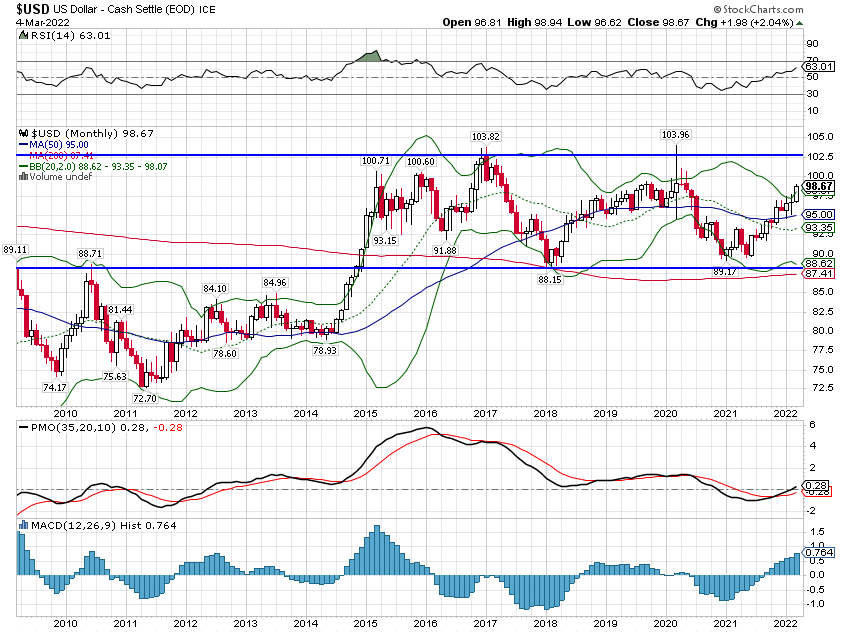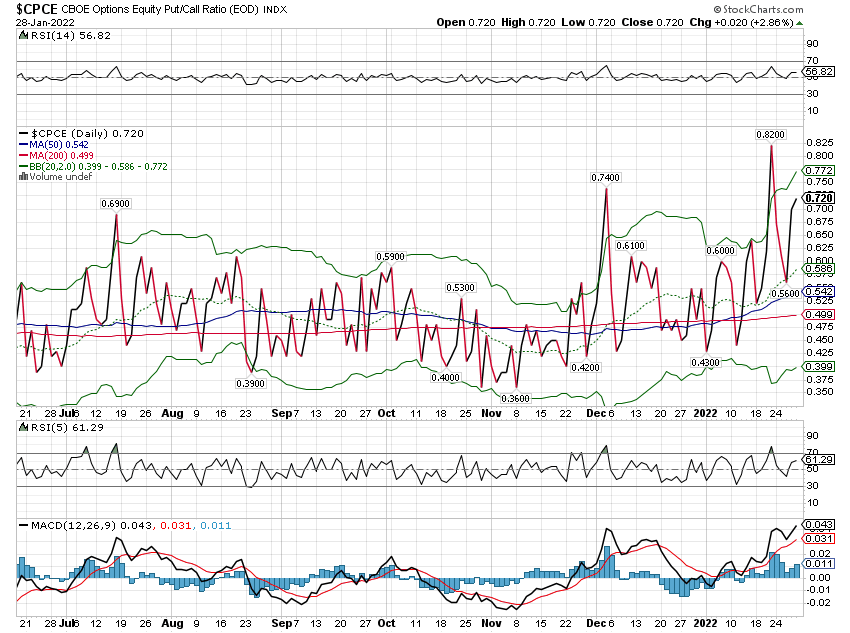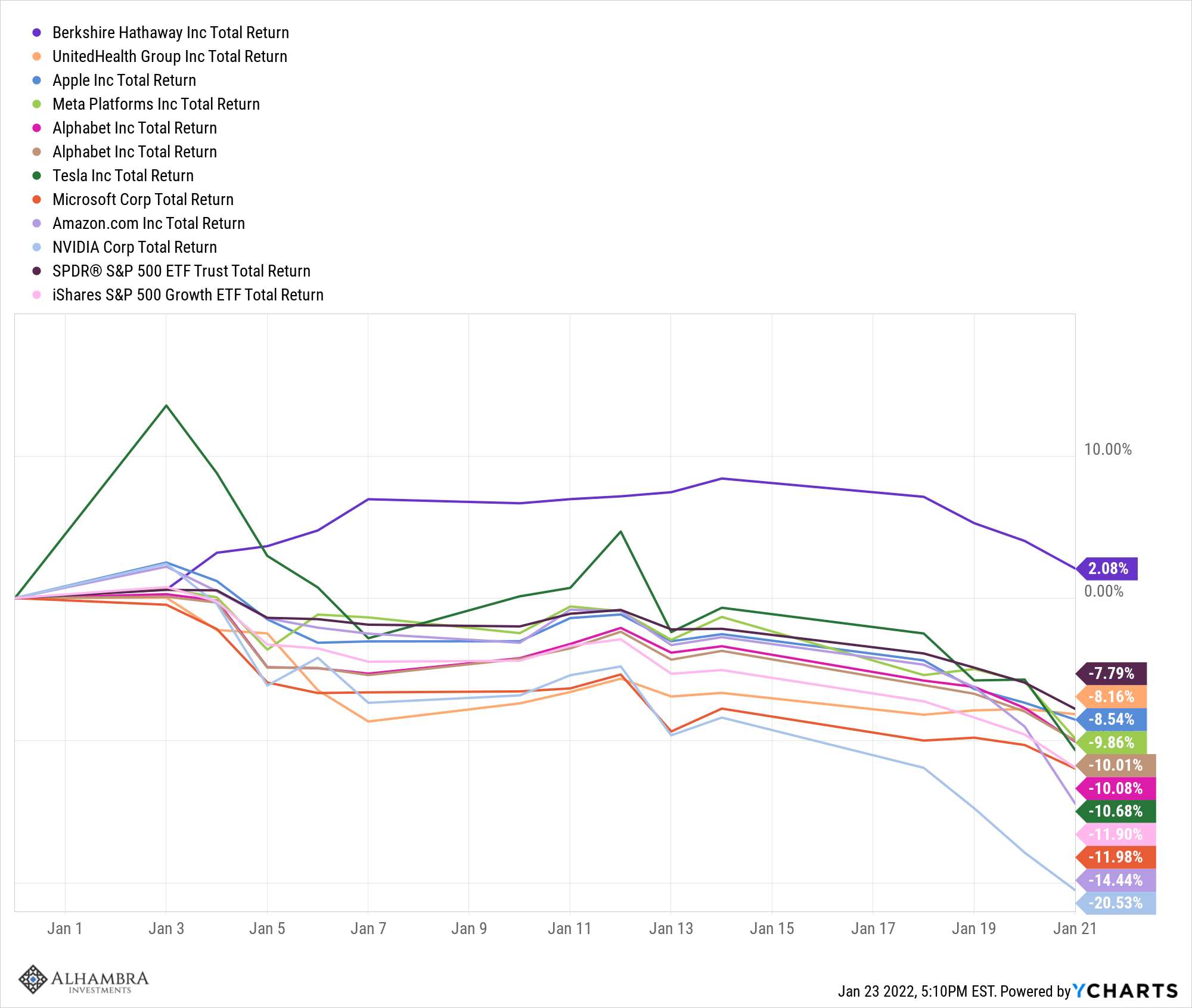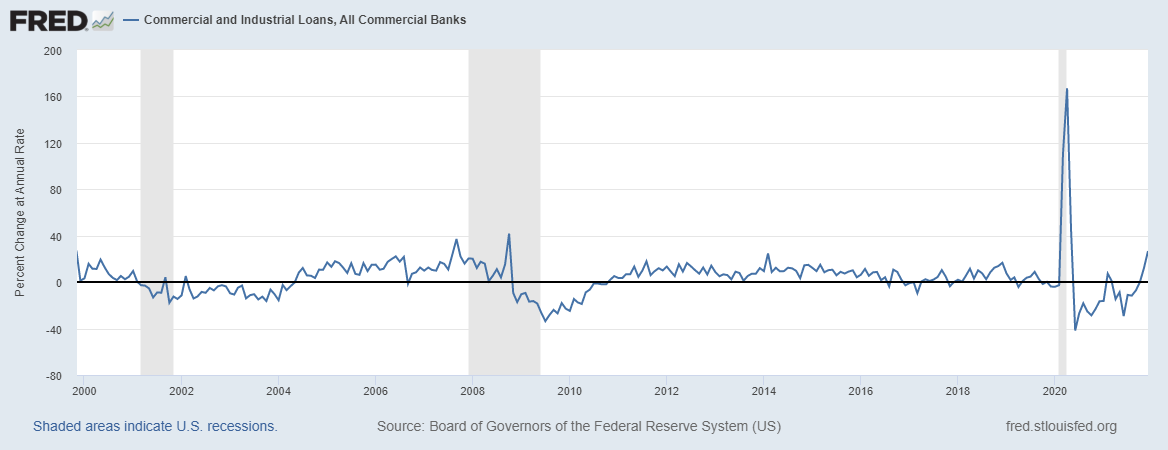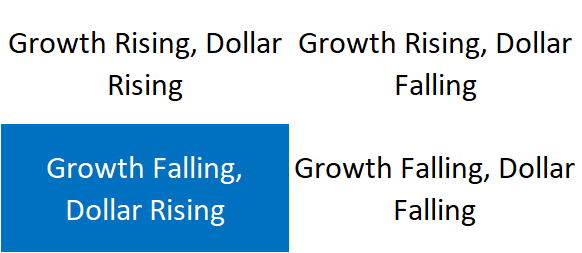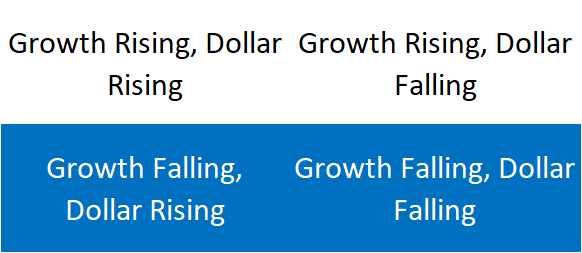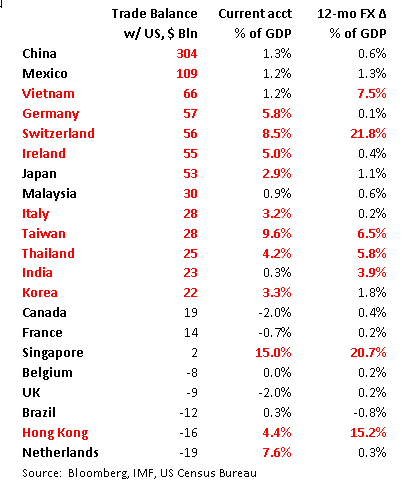 EM ended last week on a soft note. Fed tightening expectations were buffeted first by hawkish Dudley comments and then by the more balanced FOMC minutes.
EM ended last week on a soft note. Fed tightening expectations were buffeted first by hawkish Dudley comments and then by the more balanced FOMC minutes.
On net, the markets adjusted the odds for tightening by year-end a little higher from the previous week, and stand at the highest odds since the Brexit vote. Yet despite the strong jobs data in June and July, odds of a move on September 21 or November 2 are still low, with the December 14 meeting seen as the most likely for the next hike.
Fed chair Yellen speaks at the annual Jackson Hole Symposium on Friday, and will be the highlight of the week. Given that Dudley mirrors Yellen quite closely, we think she could deliver a hawkish message this week. If so, that would give the dollar more traction. EM and risk are most vulnerable under this scenario.
Taiwan
Taiwan reports July export orders Monday, which are expected at -1.3% y/y vs. -2.4% in June. It then reports July IP Tuesday, which is expected to rise 1.8% y/y vs. 0.9% in June. The economy recovered in Q2, so it will be important to see if this continues in Q3. Given the headwinds on the economy, we think the central bank will cut rates 121.5 bp again to 1.25% at its quarterly meeting in September.
Singapore
Singapore reports July CPI Tuesday, which is expected at -0.5% y/y vs. -0.7% in June. It reports July IP Friday, which is expected to grow 0.8% y/y vs. -0.3% in June. The July trade data was much weaker than expected, and warns of downside risk to the IP reading. Recent data have been soft, and we think the MAS will easy policy at its October meeting with another adjustment to its S$NEER trading band.
Turkey
Turkey’s central bank meets Tuesday and is expected to cut the overnight lending rate 25 bp to 8.5% whilst keeping all other rates steady. CPI rose 8.8% y/y in July, the highest since February and back above the 3-7% target range. New Governor Cetinkaya has been very cautious in narrowing the rates corridor, and we think an outright cut in the benchmark rate will be difficult if the current upward inflation trajectory remains in place. Last Friday, Fitch kept Turkey’s BBB- rating but moved the outlook to negative from stable. We felt a downgrade to BB+ was warranted, but the negative outlook keeps that risk alive.
Hungary
Hungary’s central bank meets Tuesday and is expected to keep rates steady at 0.90%. Further rate cuts seem unlikely for now, but other unconventional measures are possible in H2 if the economic outlook worsens. CPI came in at -0.3% y/y in July and is well below the 2-4% target range. GDP rose 2.6% y/y in Q2, and the 4-quarter average of 2.3% is the lowest since Q1 2014.
Brazil
Brazil reports July current account and FDI data Tuesday. It then reports mid-August IPCA inflation Wednesday, which is expected to rise 8.89% y/y vs. 8.93% in mid-July. Inflation remains elevated and well above the 2.5-6.5% target range. As such, COPOM seems unlikely to cut rates at the August 31 meeting. Instead, markets are focusing on the October 19 meeting.
Malaysia
Malaysia reports July CPI Wednesday, which is expected to rise 1.1% y/y vs. 1.6% in June. Bank Negara surprised markets with a 25 bp cut to 3% in July. While the central bank does not have an explicit inflation target, lower inflation will give it cover to ease further as the economic outlook weakens. The economy has slowed five straight quarters and the 4.0% rate posted in Q2 is the lowest since 2009. The next policy meeting is September 7, but it may be too soon for another cut after the surprise move in July.
South Africa
South Africa reports July CPI Wednesday, which is expected to rise 6.1% y/y vs. 6.3% in June. SARB has kept rates steady since March, when it last hiked rates 25 bp to 7.0%. Inflation has been above the 3-6% target range since January. Yet the weak economy argues against further tightening, with GDP contracting -0.2% y/y in Q1. The rand may be the deciding factor since any sustained currency weakness could feed into higher price pressures. The next policy meeting is September 22, and no action is seen then.
Mexico
Mexico reports mid-August CPI Wednesday, which is expected to rise 2.82% y/y vs. 2.72% in mid-July. Core inflation is seen steady at 3% y/y. On Thursday, Mexico reports Q2 current account data and Banco de Mexico releases its minutes. It reports July trade Friday. Inflation is trending higher. While the sluggish economy is likely to keep rates on hold for the time being, much will depend on the peso.
Poland
Poland’s central bank releases its minutes Thursday. It has been on hold at 1.50% since its last 50 bp cut in March 2015. With new central bank chief Glapinski at the helm, we think the bank will lean more dovish if the outlook worsens. Deflation risks persist with CPI at -0.9% y/y in July and well below the 1.5-3.5% target range. The economy remains robust, however, with GDP rising 3.1% y/y in Q2. The next policy meeting is September 7. No action is seen then.
Tags: Emerging Markets,newslettersent
























